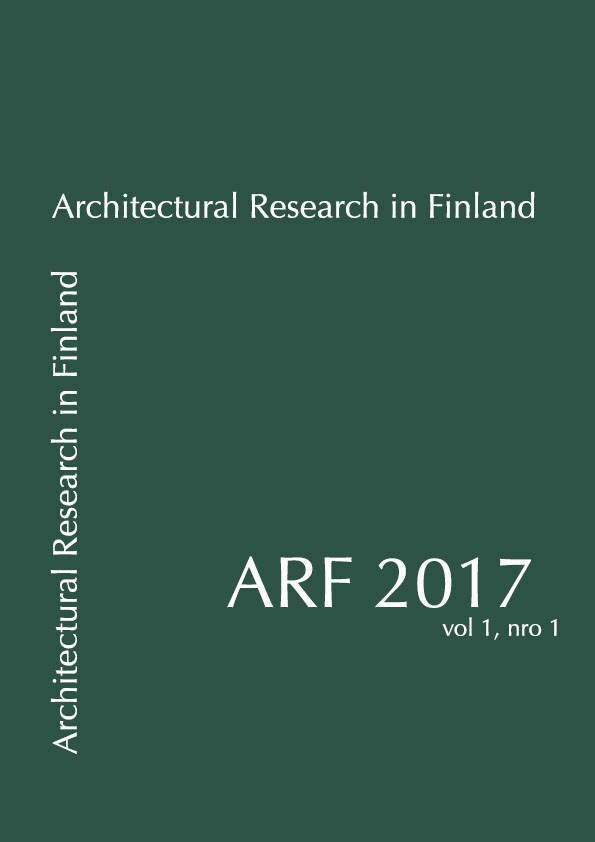Playing with Townhouses
A Design-Based Research Method for Housing Studies
Keywords:
housing preference, townhouse, Finnish Dream House, spatial flexibility, adaptabilityAbstract
Housing preferences are inherently based on the existing housing examples and the current housing supply. Thus, revealing the lay perceptions of a relatively unfamiliar housing typology invites new methodological approaches. These approaches have been investigated in the context of Finnish Dream Home (FDH) study focusing on townhouse living and related design issues. The FDH is a three-phased mixed method study, the objective of which was to examine and discover the design solutions that would increase the attractiveness of townhouse living among different types of households in Helsinki metropolitan area. This paper focuses on a design game, which provides tools to examine, reinvent and verbalize the residents’ innermost housing preferences. The game allows covering themes such as spatial flexibility and adaptability, which are otherwise difficult to study. Simultaneously, such context-sensitive game, designed to steer the focus on design-based questions, reveals the residents’ decision-making processes. The discussion and negotiation of the possible design solutions with the fellow players are the essence of this method. Supporting the participants’ ability to discuss and present their subjective housing choices, the game has been verified as a tool adjustable for different types of research settings to value residents’ opinion. Therefore, the townhouse game is an example of practice-based research diminishing the gap between housing studies and housing design.




